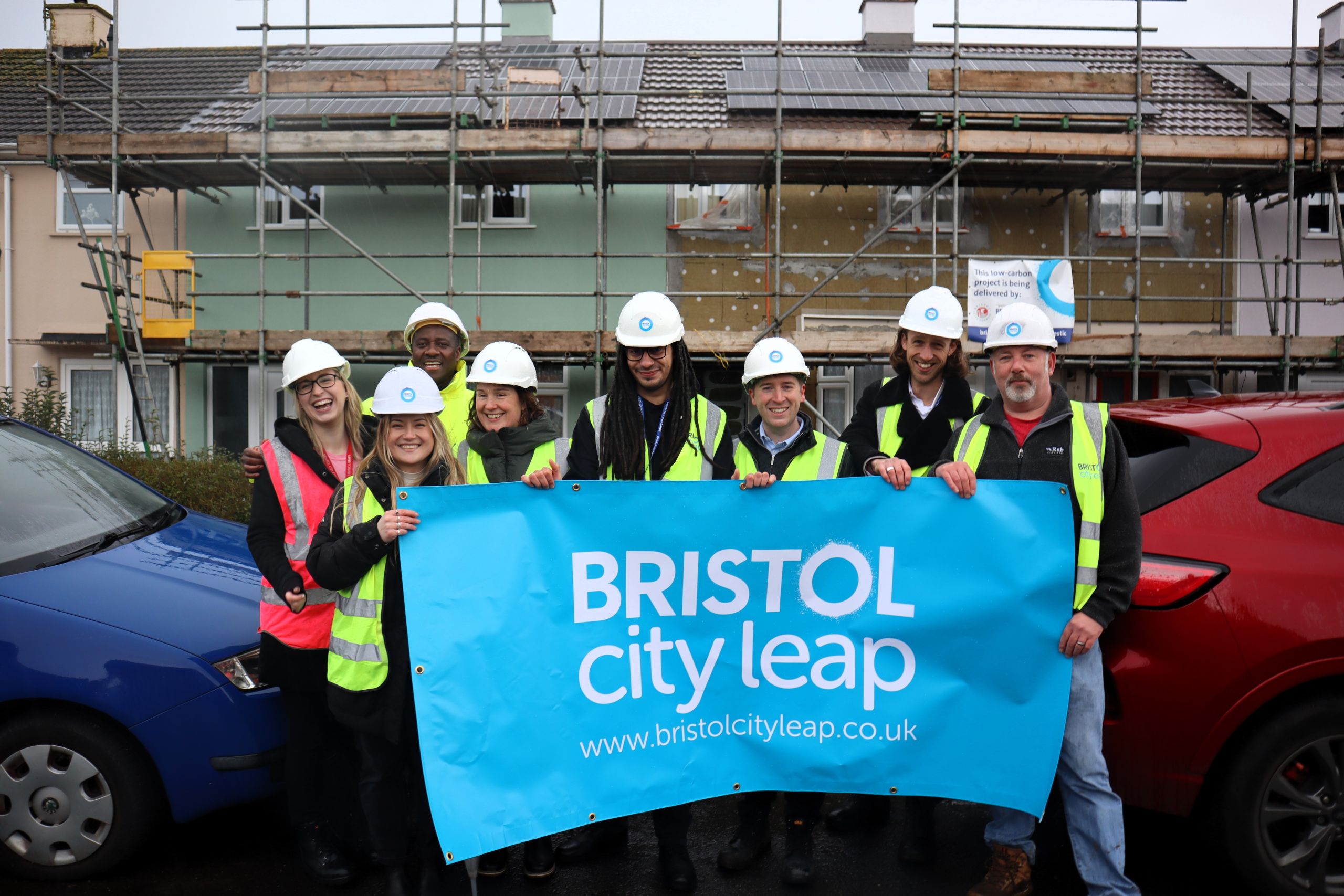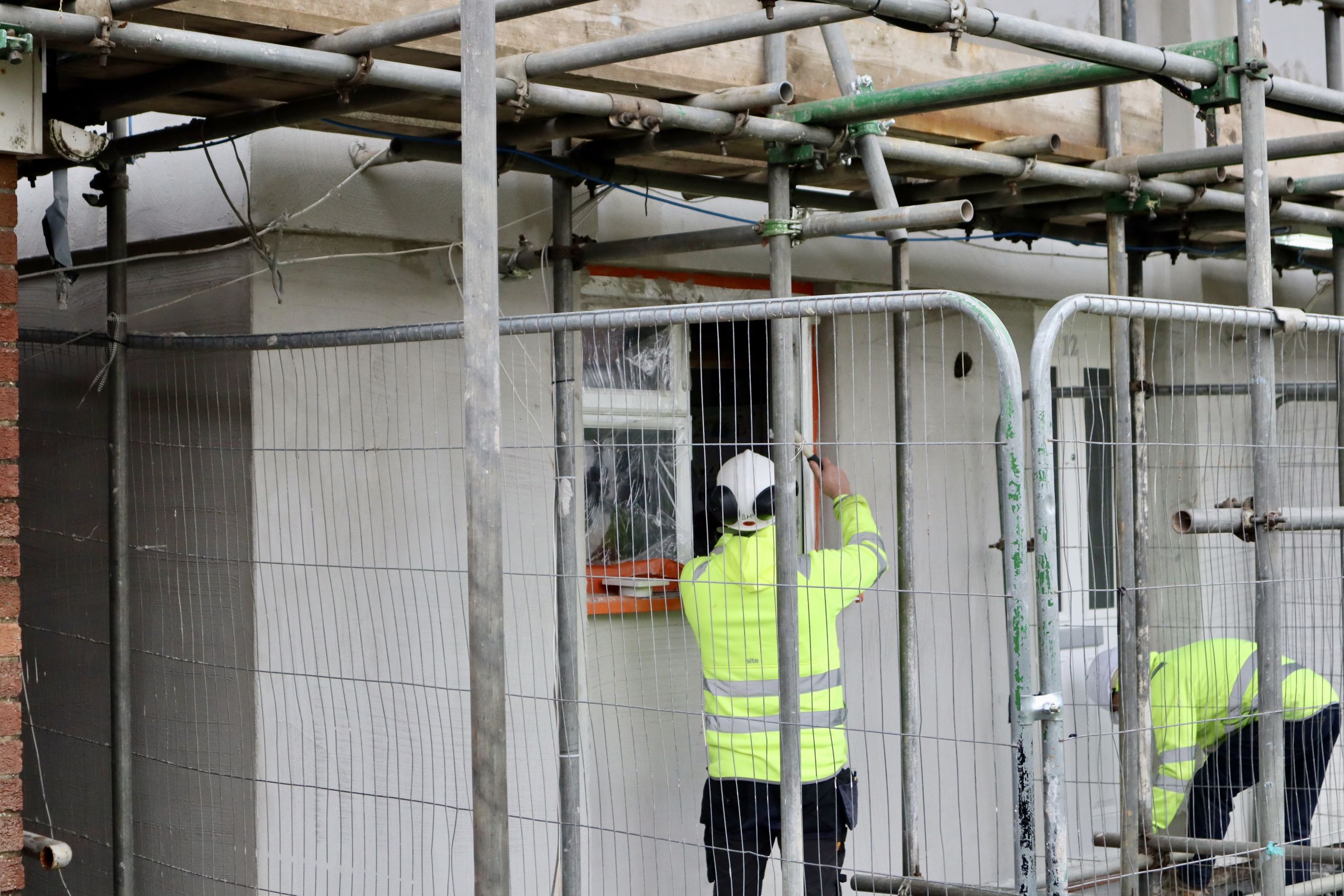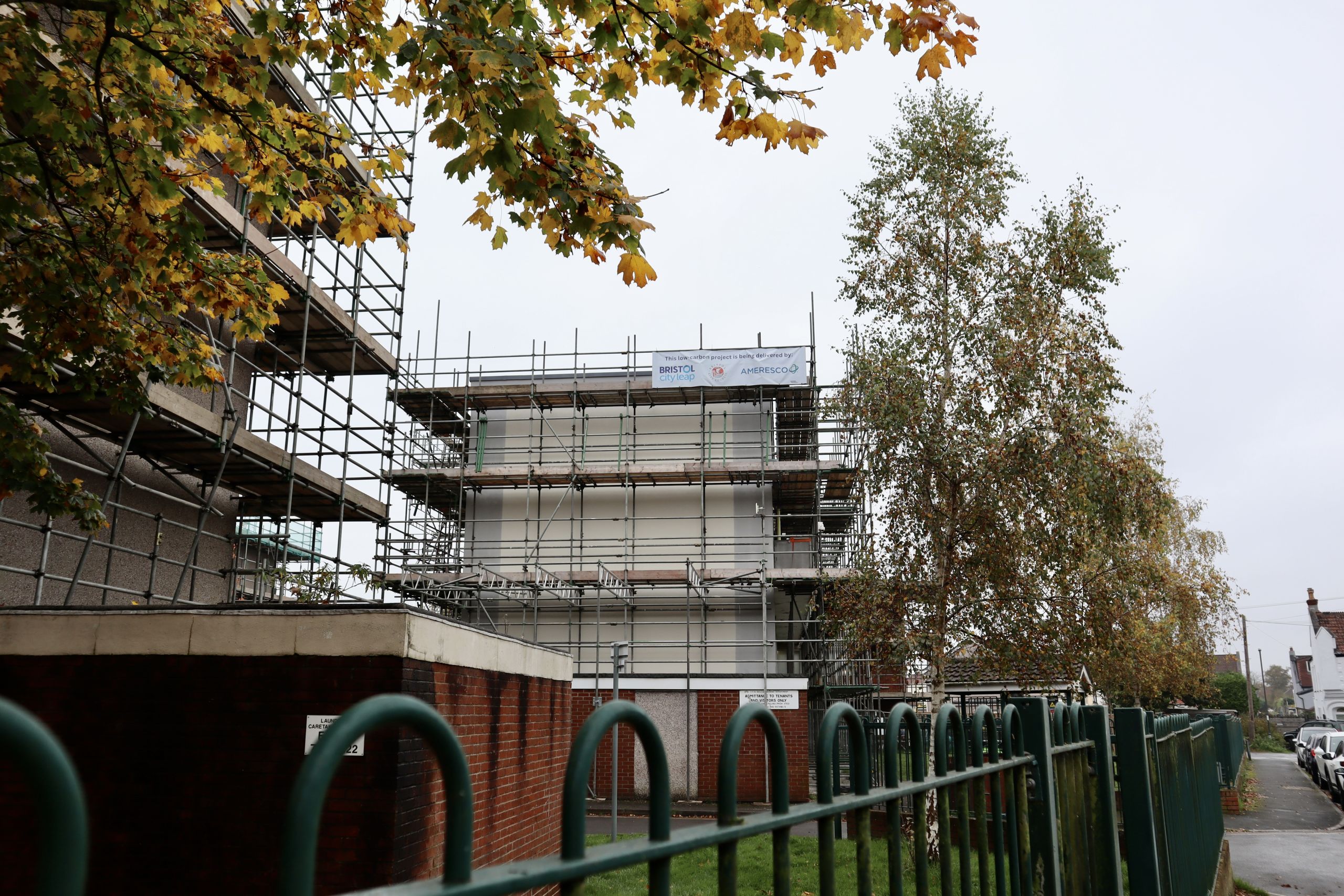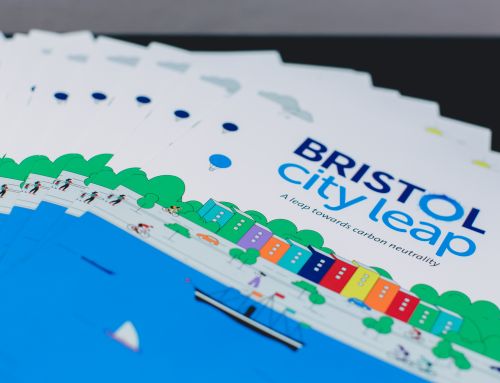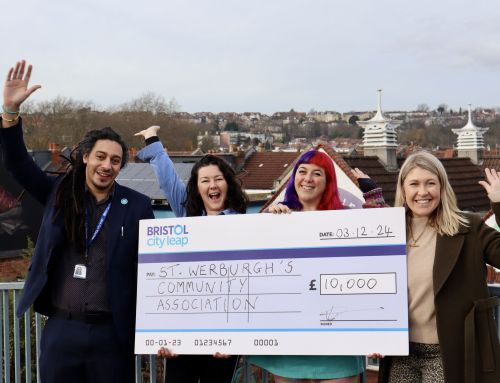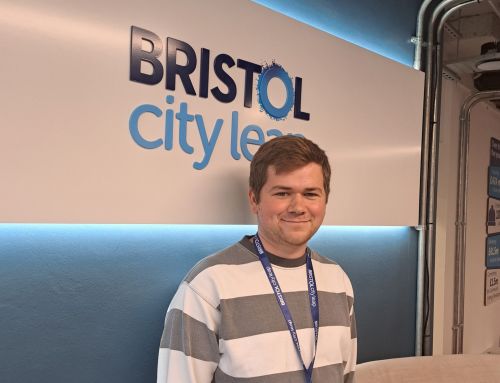Bristol City Leap, a 20-year public-private partnership between Bristol City Council, Ameresco and Vattenfall Heat UK has announced landmark progress on housing retrofit projects, which aim to improve energy efficiency for over 28,000 social housing properties across Bristol. This initiative marks a significant step towards improving the sustainability, warmth, comfort, and safety of social housing in the city, as part of the ambitious Bristol City Leap project.
The projects will support households who are most vulnerable during colder, winter months using a range of technologies as part of the initiative to reduce energy consumption and enhance efficiency.
Key upgrades include:
• External Wall Insulation and Finishes: A new layer of insulation is added to the building’s exterior, ensuring that homes stay warmer in winter and cooler in summer. The external walls are being given a fresh finish, improving both the aesthetic and weather resistance of the building.
• Cavity Wall Insulation: Gaps in the building’s walls are filled with insulation, reducing heat loss, and helping tenants save on heating bills.
• uPVC Windows: All flats and communal are fitted with new, high-performance uPVC windows. These windows provide greater security, reduce noise, and improve energy efficiency by eliminating draughts.
• New Front Doors: Properties are fitted with a brand-new front door, improving both security and insulation. The new doors enhance safety and add to the overall look of the building.
• Roof and Loft Insulation: New roofs are installed, addressing leaks, and improving insulation. Additional loft insulation is also added to ensure heat is retained, creating a more comfortable living environment, and further lowering energy costs.
• Improved Ventilation: Enhanced ventilation systems are installed in the flats to improve indoor air quality and reduce issues related to dampness and mould, making homes healthier for residents.
These works not only contribute to a more sustainable Bristol but also deliver immediate benefits for residents. The improvements will lead to significant reductions in energy consumption, lower heating costs, and a more comfortable living space, while also enhancing the safety and appearance of the housing.
Mark Apsey MBE, Senior Vice President at Ameresco, said “It has become increasingly expensive to heat and power our homes through the cost-of-living crisis, especially in winter. It is particularly hard for those who live in buildings with poor energy insulation. That is why we are working with Bristol City Council to prioritise retrofit of social housing across the city. The projects that we are delivering will significantly reduce costs and ensure energy and heat are retained within the home.”
Councillor Barry Parsons, Chair of the Homes and Housing Delivery Committee at Bristol City Council said: “Working with our partners in Bristol City Leap, we aim to ensure that the energy efficiency of the council housing we manage is improved and these buildings become better adapted to a changing climate. The planned improvements this programme of work will deliver should ensure residents living in these homes benefit from improved insulation and security, and the associated physical and mental health benefits a warm, safe home provides. The reduction in energy use as a result of these improvements should also see an impact in residents’ pockets in the shape of lower bills.”
Bristol City Leap is aiming to improve the energy efficiency of over 28,000 homes within the city and continues to support residents through its funding of the Centre for Sustainable Energy’s free energy advice helpline which is available to residents across the West of England.
As drivers of sustainable delivery with social value at its core, Bristol City Leap understands the need to retrofit. Measures like roofing replacement, insulation and internal ventilation are a number of ways to remedy these issues while combating our reliance on fossil fuels.
This work reflects Bristol City Leap’s commitment to decarbonising the city and achieving net-zero carbon emissions by 2030, while improving the quality of life for local communities, ensuring that everyone can benefit from affordable, energy-efficient homes.


